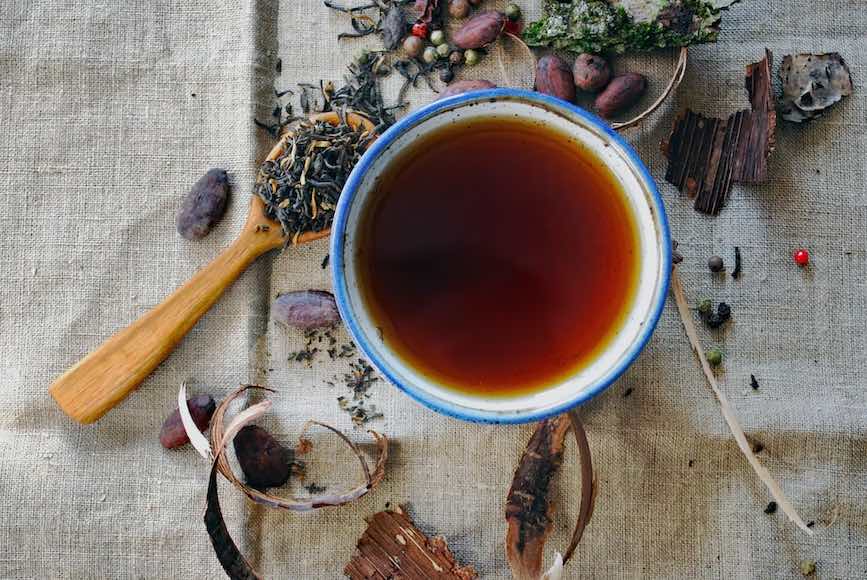Dealing with severe forms of anxiety is tough, and something which sufferers would probably not wish on their worst enemy. It can feel like you’re the only one who feels this way, especially since mental health is, unfortunately, still treated as taboo by many and is rarely broadcasted or discussed on personal social media accounts – but you’re not and this is your reminder!
About Anxiety
Feeling anxious is natural, and everyone experiences it in some form, at some point. But if you feel that anxiety is starting to dictate your daily life, there is no point in ignoring it anymore.
Professional help can be extremely useful, there are plenty of highly trained doctors and therapists more than happy to help. However, some anxiety sufferers stress that it would increase their anxiety to talk about their feelings with a third party, as they are concerned they won’t be taken seriously or are just not ready – both of which are understandable. Furthermore, in some cases anxiety can be so crippling that it can seem impossible to leave the house or even get out of bed.
If you’re not ready or simply don’t want to speak to a professional, you can take this 7- minute anxiety test to determine severity and gain advice based on your personal severity score.
Things to Avoid When You’re Feeling Anxious
Doing nothing
It’s easier said than done! Feelings of stress can make you want to lay in bed all day, be alone and just generally mope. Whilst this may seem appealing when anxiety hits, it is completely counterproductive to improving your stress levels.
Doing anything can make you feel better and a lot calmer; go for a walk, cuddle your pet, call a friend! Even the smallest things can act as medicine, so it is important to stay active and social.
Eat Badly
What to eat when feeling anxious? It’s more about what not to eat! While eating or drinking habits don’t usually cause anxiety, what you consume can change the way you feel for better or for worse. Heavily caffeinated drinks, large amounts of alcohol and food high in fat or sugar can make symptoms of anxiety worse. If you’re feeling particularly anxious, it’s best to avoid these food groups until feeling less anxious.
Blame Yourself & Compare Yourself to Others
Feeling anxious is not your fault, nor is it abnormal. It’s important to remember that you are allowed to feel this way, and that you do not need to apologise to yourself or anyone else!
Sometimes it’s easy to forget that everyone is human and has their own problems, especially with social media accounts that are carefully constructed to only show people in their best mood, locations and appearance, all over the internet. Take a moment away from social media, it’s important to experience reality!
Trouble Sleeping Because of Anxiety?
- ‘This Works’ (literally!) offers a range of sleep sprays, oils and remedies which have recently become increasingly popular and received rave reviews. Linked below, their range specifically for ‘sleep anxiety’ and anxiety in general.
If you find these are a little over-pricey, try lavender oil on your pillow!
- Chamomile tea! Not only can it help you drift off to sleep on an everyday basis but can also help with calming any anxieties before bed. Getting into the routine of making, holding and drinking a hot drink acts as a psychosomatic calming mechanism!
- DIY Glitter Jars. If you’re about to settle down for the night but you feel a wave of anxiety coming on, these are the perfect calming technique.
Just shake them up anytime and watch as the glitter falls, it’s surprisingly calming!
How to Deal With Anxiety Attacks
If you’re the anxiety sufferer, anxiety/panic attacks can be something you suffer with. Not everyone falls victim to anxiety attacks but for those who do, have done, or feel as though they may do – here is some advice.
Know your triggers
Some people don’t have any specific triggers, but most people who regularly suffer from attacks can pin-point what or even where it is that makes them panic. Whilst knowing these triggers, do not avoid these places or things – this can cause further complications and stop you from living your life!
Helping Someone Else With Anxiety or Panic Attacks
If you’re close to someone who suffers from anxiety attacks – there’s a lot you can do to help.
Listen
Even though you may have no experience of anxiety in the form of attacks, do not turn away from a loved one because you feel you ‘can’t help’.
If they tell you they are feeling anxious do not brush it off! It may never materialise into anything if you let them know it’s okay to feel the way they do, but if they do need you, you will be there.
Reassure them that they are normal
This might sound strange, but anxiety sufferers often heighten their own anxiety levels by believing they are out of the ordinary for feeling anxious. There is nothing worse than feeling like a burden for having anxiety or panic attacks.
While it may seem obvious to you to say something like “there’s nothing to panic about, just calm down” – this can make their anxiety worse and result in a panic attack in itself.
Reassuring them of this is especially essential after an attack has occurred. It can make the sufferer feel embarrassed and vulnerable after suffering an attack.
Most importantly, make sure they know they can confide in you about how they are feeling, whenever and wherever.
Don’t make a fuss over them
This is specific to when they are already having an anxiety/panic attack.
Firstly, if you know they suffer from attacks or if they feel like they may do, it’s a good idea to ask what they want of you during the attack. That might be:
- Talking them through it
- Being physically present but not doing anything until they initiate communication
- Escorting out of the situation and/or location
- Completely leaving them to it; perhaps leaving the room but reiterating that if they need you, you will be right outside the door.
-Do not smother them: panic attacks can make the sufferer feel extremely claustrophobic and they may push you away.
-Unless otherwise specified (as mentioned above) do not walk away! This only contributes to the feeling of being overwhelmingly alone, even if that be in a crowded room.
For useful information, click here.


